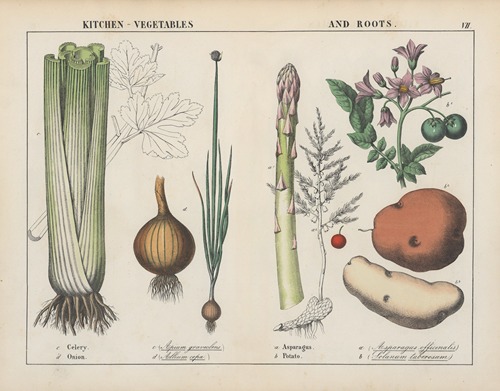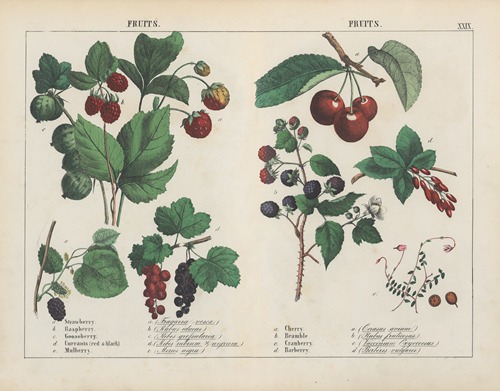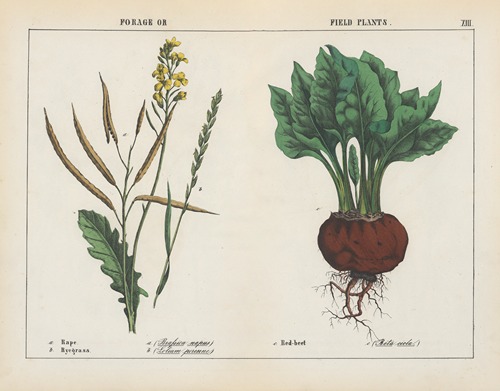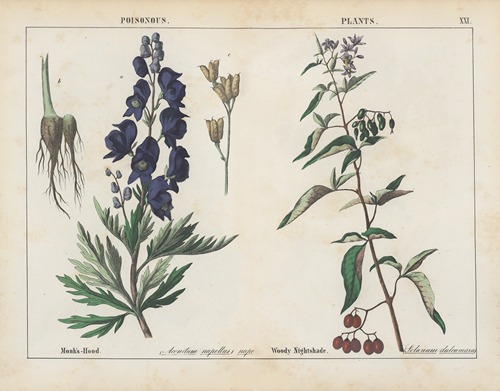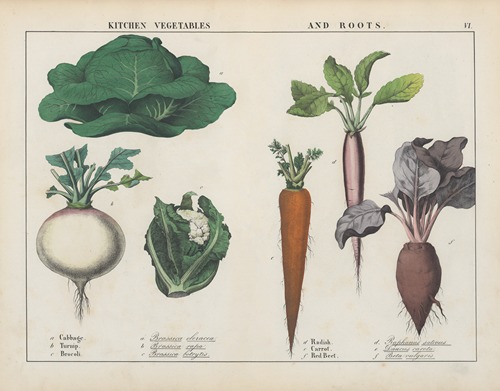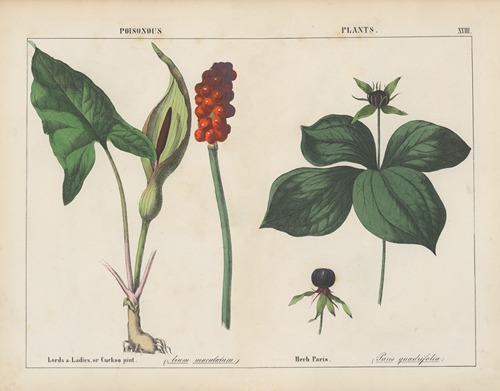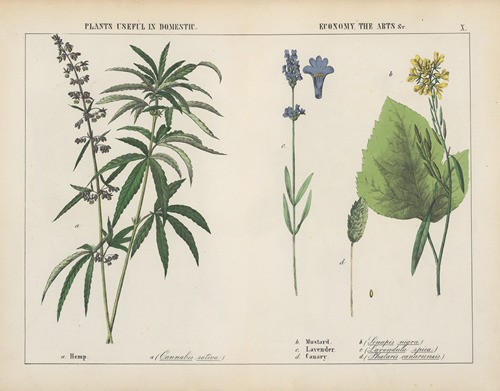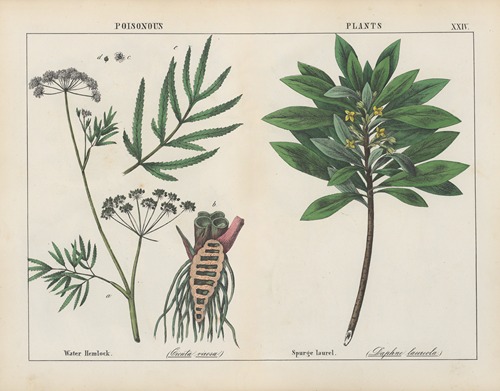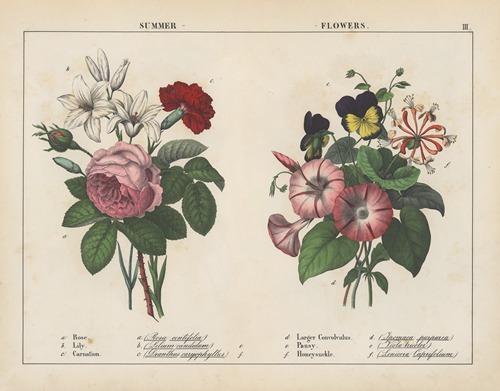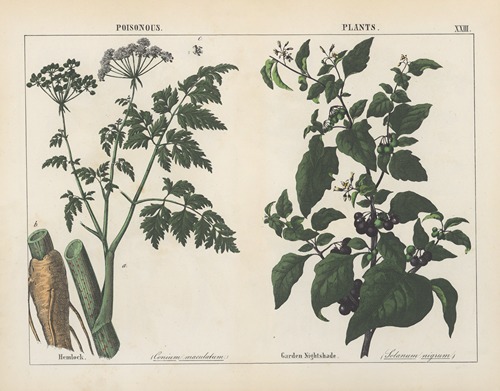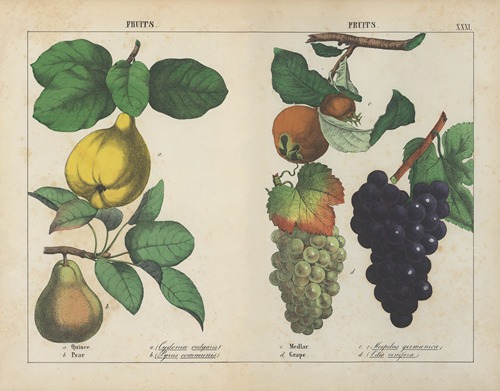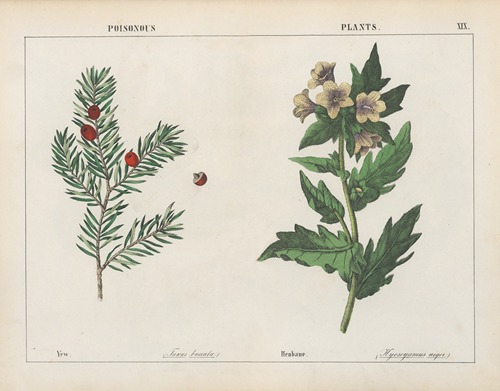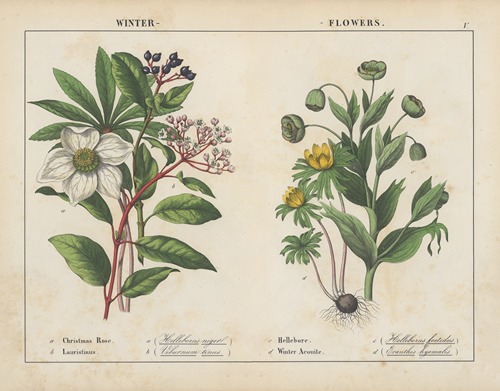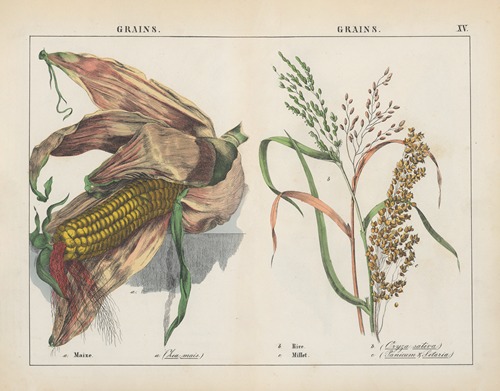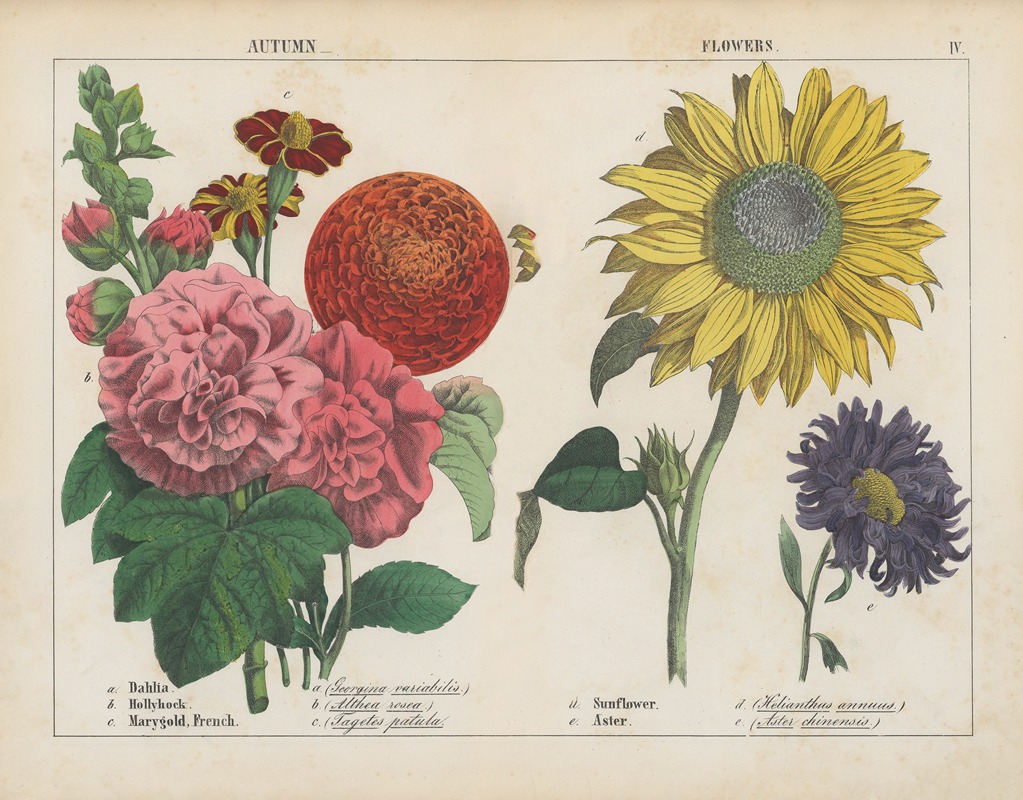
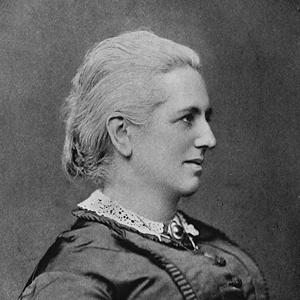
Charlotte Mary Yonge was an English novelist, who wrote in the service of the church. Her abundant books helped to spread the influence of the Oxford Movement and show her keen interest in matters of public health and sanitation.
Charlotte Mary Yonge was born in Otterbourne, Hampshire, England, on 11 August 1823 to William Yonge and Fanny Yonge, née Bargus. She was educated at home by her father, studying Latin, Greek, French, Euclid, and algebra.
Yonge was born into a religious family. Devoted to the High church, she was much influenced by John Keble, Vicar of Hursley from 1835, a near neighbour and one of the leaders of the Oxford Movement. Yonge was herself sometimes referred to as "the novelist of the Oxford Movement", as her work frequently reflects values and concerns of Anglo-Catholicism. She remained in Otterbourne all her life and taught for 71 years in the village Sunday school. Her house, 'Elderfield', became a Grade II listed building in 1984.
In 1858 she paid for the construction of a combined school and chapel of ease to Hursley parish church in the village of Pitt. It was designed by William Butterfield and, like Elderfield, has been a Grade II listed building since 1984. In 1868 a new parish was formed to the south of Yonge's home village of Otterbourne. This was to contain the villages of Eastley and Barton. Yonge donated £500 towards the Church of the Resurrection, the Church of England parish church, and was asked to choose which of the two villages the parish should be named after. She chose Eastley, but decided that it should be spelt Eastleigh as she perceived this as being more modern.
Yonge died in her home village of Otterbourne on 24 March 1901.
Yonge began writing in 1848 and published in her long life about 160 works, chiefly novels. Her first commercial success, The Heir of Redclyffe (1853), provided the funding to put the schooner Southern Cross into service on behalf of George Selwyn. Similar charitable works were done with the profits from later novels. Yonge was also a founder and editor for 40 years of The Monthly Packet, a magazine founded in 1851, with a varied readership, but targeted at British Anglican girls, though in later years it turned to a somewhat wider readership).
Among her other well-known works are Heartsease, and The Daisy Chain. A Book of Golden Deeds is a collection of true stories of courage and self-sacrifice. Other titles were Cameos from English History, Life of John Coleridge Patteson: Missionary Bishop of the Melanesian Islands, and Hannah More. Her History of Christian Names was described as "the first serious attempt at tackling the subject" and as the standard work on names in the preface to the first edition of Betty Withycombe's The Oxford Dictionary of English Christian Names (1944).
Around 1859 Yonge created a literary group of younger girl cousins, to write essays and gain advice from Yonge on their writing. Together they created a private magazine, The Barnacle, which continued until about 1871. This was valuable as they may have belonged to the last generation of girls educated at home. Her goddaughter, Alice Mary Coleridge, contributed as "Gurgoyle" to the first issue, drawing the covers and contributing translations, articles and verses.
Yonge's personal example and influence on her goddaughter Alice Mary Coleridge were formative in her zeal for women's education, leading indirectly to the foundation of Abbots Bromley School for Girls.
After Yonge's death, her friend, assistant and collaborator, Christabel Coleridge, published the biographical Charlotte Mary Yonge: her Life and Letters (1903).
